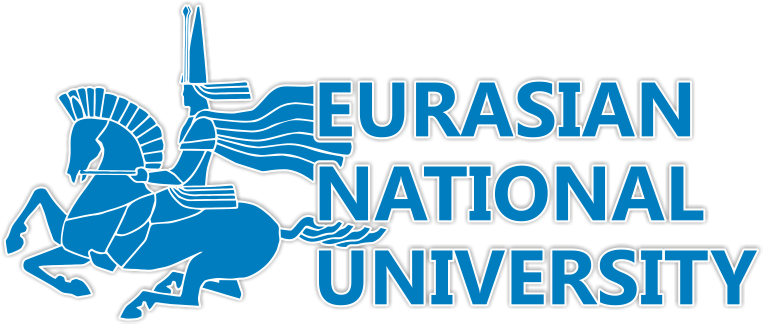"4" March 2020 at the Department "Organization of transport, traffic and operation of transport" was held an open curatorial hour with the group Opdiet-23 on the topic: "The importance of ethnic harmony" (supervisor - associate Professor, candidate of technical Sciences of Babaev Abay Bahanovich).
The curatorial hour was opened by the head of the Department "Opdiet", doctor of technical Sciences, Professor M. I. Arpabekov: "Kazakhstan is a secular state that has declared freedom of religion.
Purpose: to Foster a sense of tolerance, philosophical and critical attitude to the surrounding reality, to promote spiritual improvement and self-realization, to strengthen the sense of Kazakhstan's patriotism.
Tasks: to familiarize with the main goals, signs of extremist groups, to reveal the causes of the emergence and spread of extremism; to consider the legislative framework of the Republic of Kazakhstan on countering extremism; to strengthen the correct life position of the future preschool teacher and primary school teacher.
One of the key areas of the fight against terrorist and extremist manifestations in the public environment is their prevention. It is particularly important to carry out such preventive work among young people, since this particular environment, due to a number of different factors, is one of the most vulnerable in terms of exposure to the negative influence of various anti-social and criminal groups.
Religious extremism in Kazakhstan is a phenomenon that has not been shown on a large scale in our country. There are no internal prerequisites for terrorist and extremist manifestations on the territory of the Republic due to the lack of a social and political base, which is facilitated by the balanced policy pursued by the leadership of our country. Maintaining tolerance and interethnic harmony is the most important factor in ensuring peace, stability and economic progress in Kazakhstan."
In General, the implementation of the above principles in the political practice of Kazakhstan creates the Foundation for a strong and stable interethnic and interfaith peace and contributes to the unity and cohesion of the entire Kazakh society. Former Secretary-General Of the United Nations Annan, who visited Kazakhstan at the time, described the inter-ethnic situation in the Republic as follows: "Kazakhstan can serve as an example of a state where different ethnic groups coexist peacefully and where ethnic diversity is seen as a blessing, not a scourge." I think it is difficult to disagree with this assessment.
Students group Bilanz D., Kaganov N. And Ismatova M. made their presentations on the subject of the curatorial hours. In their reports, they noted that "the Importance of interethnic harmony" is a threat to public security, the institution of marriage and family, and physical and mental health.
The curator of the group, A. B. Bobeyev, noted that recently many non-traditional religious organizations have been actively agitating in the country, which attract the unemployed, who have not found their place in life, who are in spiritual search, who have not endured psychological difficulties in the family and individuals who do not know traditional religions, especially young people. The fact of our life is the presence of about 4,000 officially registered religious associations representing 46 faiths. Over the years of independence, the number of Orthodox parishes has increased four times, and Catholic parishes have doubled. There are more than 1000 missions and houses of worship of Protestant associations and 27 Jewish communities in the country.
In this regard, dear teachers and students, be vigilant and get knowledge in the field of religions, namely from representatives of the Spiritual Administration of Muslims of Kazakhstan.


